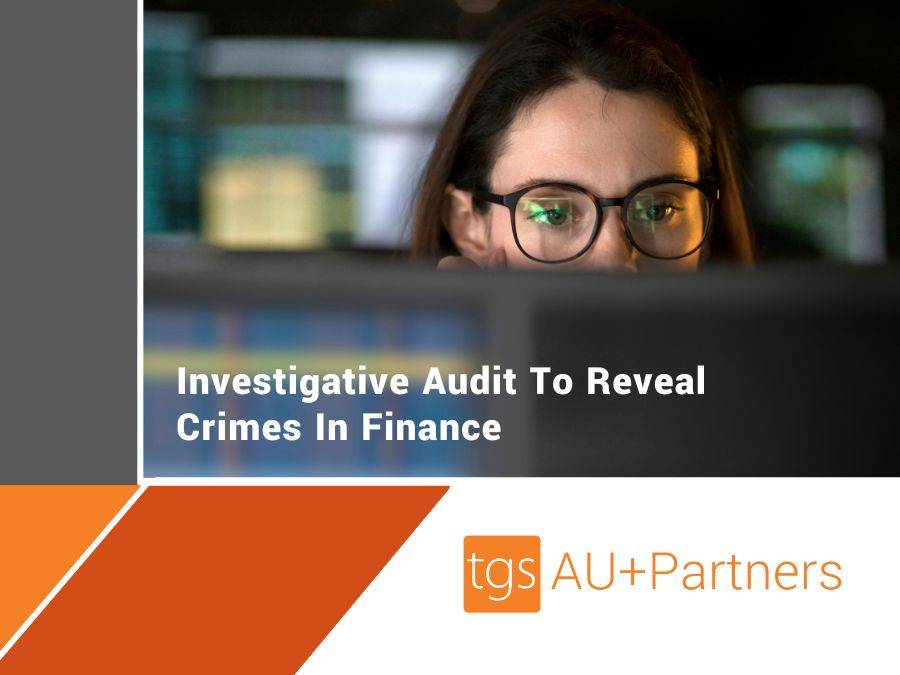Investigative Audit To Reveal Crimes In Finance
An investigative audit is a process of seeking, discovering, and gathering facts in a systematic and measurable manner with the aim of disclosing whether or not an act and the perpetrator occurred to assist stakeholders in reaching a conclusion on the benefits of reports from investigations carried out and/or used for litigation actions. However, it is the judge in court who determines whether or not an act of financial irregularity or violation of the law occurs, not a public accountant.
Investigation audit services engagement must be carried out by a public accountant, who has sufficient competence in the field of investigative audit. The report of an investigative audit service engagement must be signed by a public accountant who has professional competence in investigative auditing, evidenced by a CPI (Certified Professional Investigator) certificate issued by the Indonesian Institute of Certified Public Accountants, and continuous maintenance of competence.

An investigative audit service engagement is an engagement in which a public accountant:
Our Service Recommendations
(1) reporting factual findings on deviations from the established criteria, or evaluating or measuring the subject matter compared to the established criteria; and/or
(2) provide financial loss accounting services with the aim of expressing a conclusion regarding the value of financial losses arising from a case/case of irregularities, and used as a direct approach or to support litigation actions; and/or
(3) provide expert testimony in court, namely to provide opinions/information based on the expertise of the public accountant profession in a criminal and/or civil case to make a case clear for Investigators and/or Judges.
The provision of investigative audit services consists of two approaches, namely the direct approach and the litigation approach. The direct approach is a request for investigative audit services by a business entity or corporation, either beginning with suspicions of owners, the management, or those charged with governance, or beginning with previous audit findings. The litigation approach is everything related to settling cases between disputing parties, either through legal channels, courts, or other adjudication agencies or other channels.
Public accountants in handling investigative audit cases act as independent parties who are not impartial to those who request services from them or the reported party. The existence of a public accountant helps judges obtain facts from a professional perspective in deciding cases.
News & Articles Recommendations.





